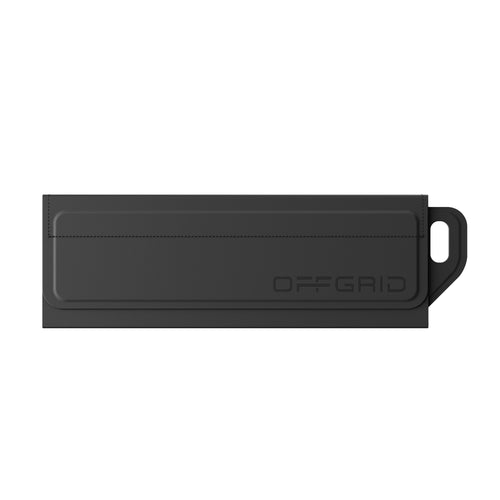Apple AirTags are small Bluetooth-enabled homing beacons that are about the size of a poker chip and can be purchased for under $ 30. Apple introduced AirTags as a tool to keep track of personal items and with a recognition that the devices might be misused, they did create some safeguards against malicious tracking. But the safeguards are not adequate and AirTags have become a gift to stalkers, thieves and abusers, allowing them to stealthily and precisely track the movements of their targets.
What Are AirTags, and What Are Their Legitimate Uses?
What makes AirTag tracking so capable is the vast network of iOS devices in use worldwide. When any iOS device anywhere detects an AirTag, the tag identification is mapped in the cloud. “If your AirTag is nearby, your iPhone can lead you straight to it with Precision Finding.1 “ says Apple’s website, “You‘ll see the distance to your AirTag and the direction to head in - all thanks to Ultra Wideband technology.”
The primary short-coming of AirTags is a lack of adequate safety measures to prevent malicious use of them. Apple has a sound alert on the devices, but the alert is subtle in a noisy environment (60-decibel tone) and it is only triggered when an AirTag is separated from its owner for 72 hours. A malicious tracker can simply get in range of the AirTag within a 72 hour period and the separation alarm time is reset. Apple device users can get an alert on the Find My app if they are in proximity of an unknown tag. But Apple has no protection for users of non-iOS products even though they may be put in jeopardy by an Apple product.
How AirTags Are Being Misused
Apple device users have been using the Find My app to track their iPhones and iPads for years. But AirTag is different. Each tag is so small that it can easily be surreptitiously placed in a coat pocket or handbag, or hidden on or in a vehicle and go unnoticed. AirTags use very little energy, bet the network of iOS devices in use is so vast that there is almost no populated part of the planet where an AirTag cannot be tracked.
There have been numerous reports of malicious tracking:
In December 2021, a woman was visiting a bar on the East Coast of the United States. Upon leaving the bar, she received notifications on her iPhone that there was an active AirTag traveling with her and that,"The location of this AirTag can be seen by the owner." After searching unsuccessfully for the tag, she eventually had a friend do a thorough search and an AirTag was found attached to the inside of one of her car’s wheel wells.
BBC news reported found that this was far from an isolated incident. They reported that they had interviewed six women across the United States who reported being tracked by the Apple devices. Police in Bloomingdale, Illinois, became aware of the problem and have issued a statement warning the public about the dangers of "being tracked or stalked" by criminals using AirTags.
Other Location Tracking Dangers
Apple's AirTags may be the most powerful tracking technology because of the small size of AirTags and Apple’s, worldwide network of devices that enable tracking. But they aren’t the only device putting people in danger. In June 2021, a TikTok user reported finding a Tile – a competitive location tracker - in her purse after a night out.
The Limitation of Anti-Stalking Measures
Both Apple and Tile are under pressure to introduce better and more comprehensive anti-stalking protection on their devices. Though Apple has notifications to its own product users, and Tile has introduced a scanning facility that can detect unwanted devices, the safeguards are inadequate. An app called Tracker Detect helps Android and iOS users identify any tags that may be tracking them.
All of these solutions require the active use of an app. Individuals without the apps, or who don’t actively use them will likely have no idea that they are being tracked..
Effective Protection Against Location Tracking and Other Remote Attacks
One way that individuals can achieve effective protection against location tracking is through the use of Faraday material. This material works to block the signals sent by devices such as AirTags, preventing the tracking that may help stalkers or other criminals follow their victims.
If the AirTag is placed inside a Faraday bag or purse, the material blocks the signal. As a result, criminals cannot track the movements of the individual. It's important to have a faraday bag on hand because you can drop the AirTag in a faraday bag and completely be Offgrid which is crucially important.
Faraday material is also a useful defense against other forms of remote attack. Attackers may use signal amplifiers to exploit keyless locking and ignition mechanisms in autos, enabling them to break into cars. The Faraday material forms a vital barrier against this kind of attack.
While the general public does have tools and solutions at their disposal to combat the danger of tracking devices, the situation is still a worrying one. Until tech companies and law enforcement can agree upon effective defenses against these violations of privacy, individuals will need to remain aware of the dangers posed by tracking technology.




